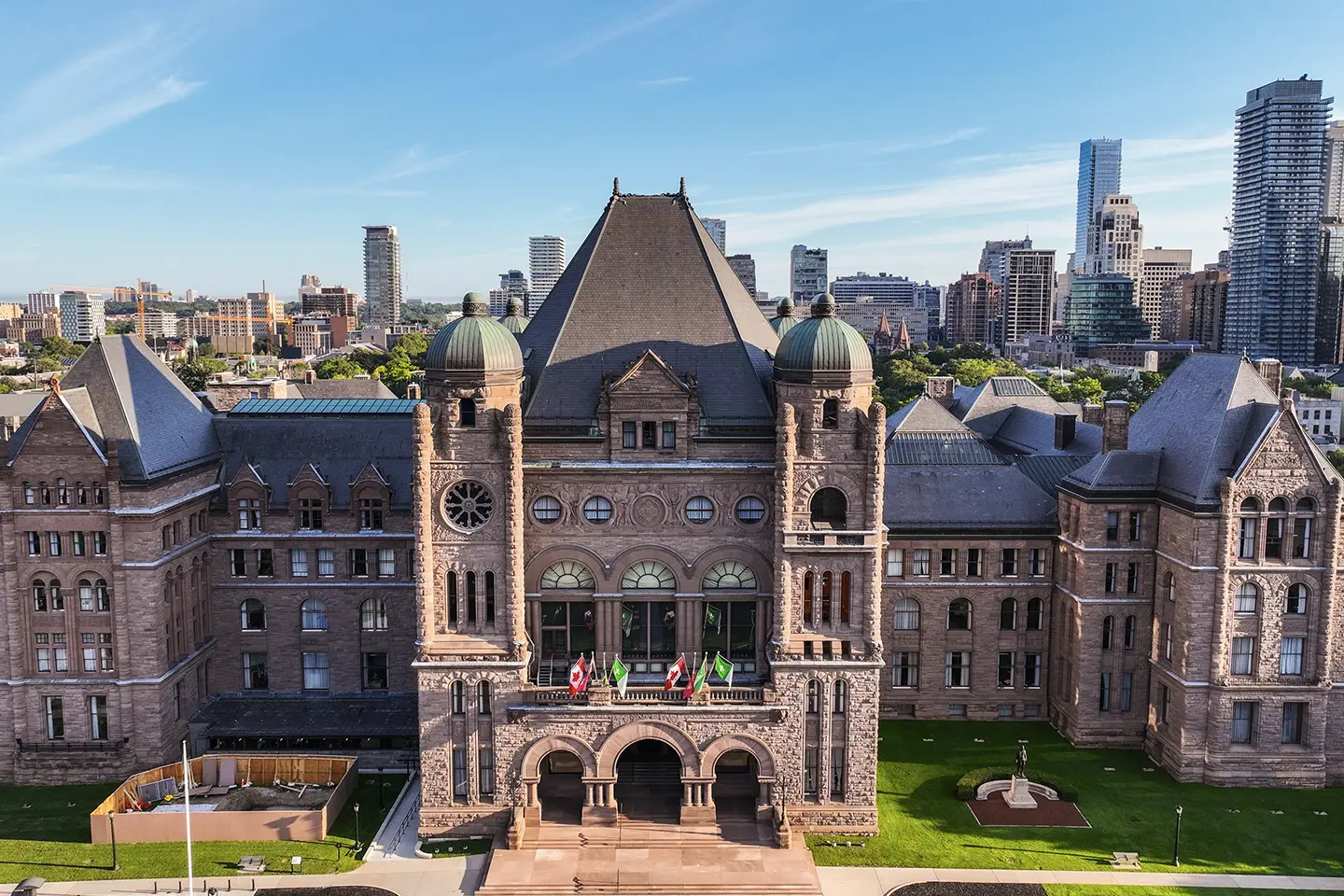Cannabis in the City: To Opt-In or Not Opt-In that is the Question

The day is finally here for cannabis legalization – October 17, 2018. Some have referenced similarities to the end of prohibition years ago. A historic day, no doubt. So, what’s next? We’ve heard from the Federal government as well as Provincial governments, but there are still several uncertainties and questions surrounding cannabis and its place within municipalities across Canada. The Municipal Team at Sussex Strategy Group hopes to shed some light those uncertainties through a brief overview of what’s to be expected as part of this legalization rollout.
Each of the provinces and territories have taken their own stance on where one can purchase, grow, and smoke cannabis – a thorough resource that outlines these regulations for consumers can be found here. If in doubt, be sure to consult official provincial resources, like Ontario’s website for rules and regulations surrounding public consumption. All legal purchases can only be made online through the Ontario Cannabis Store, as retail stores are set to open on April 1, 2019.
In terms of the process for opening those stores within Ontario, the Alcohol and Gaming Commission of Ontario (AGCO) is expected to come out with regulations that lay out details such as the size of a buffer zone between retail stores and schools, staff training and security, to accept applications for licenses shortly thereafter in December 2018. Once an application for a private retail location is made to the AGCO, the local Municipal Council and nearby residents will have 15 days to voice any concerns against a particular location being granted a licence (in those municipalities which chose to Opt-In).
Municipalities and local governments have a chance to greatly impact the overall landscape of cannabis markets by choosing whether to Opt-In or Opt-Out of allowing private retail stores, with a looming deadline set for January 22, 2018. This will importantly be one of the first major decisions that newly-elected Members of Council undertake, as the province provided a one-time window of opportunity to Opt-Out from retail locations. Any municipalities that decide to take the Opt-Out route will lose access to promised provincial funding over the next two years to cover costs related to the legalization rollout, but all is not yet lost – there are opportunities for municipalities to Opt-In down the road. The emerging trend is that municipalities will ‘Opt-out and wait’, while larger cities such as Toronto and Ottawa decide on next steps for programming and bylaws. A properly-regulated private market could sway customers from purchasing cannabis products on black market, so long as these stores are sufficiently spread throughout municipalities. An effective balance is needed between empowering cannabis businesses to operate and addressing community concerns.
Municipal regulations surrounding other aspects of cannabis legalization remain cloudy, including:
- lobbying for direct control by municipalities regarding specialized/specific zoning for cannabis
- enforcement and empowerment of bylaw officers to handle public consumption infractions
- odor concerns and nuisance complaints within the public realm
- changes to building inspections and related regulations
- the treatment of cannabis waste from licensed producers within municipalities
There are still many more questions with cannabis legalization than answers. If there’s one important takeaway message, its to vote on Monday, October 22, 2018, to ensure your interests are represented in the ongoing debates and decisions surrounding cannabis within your municipality.


